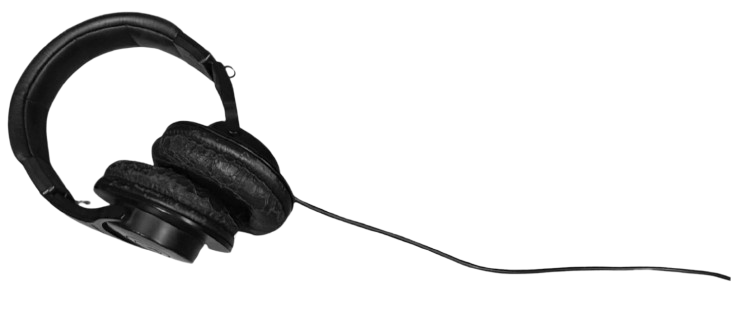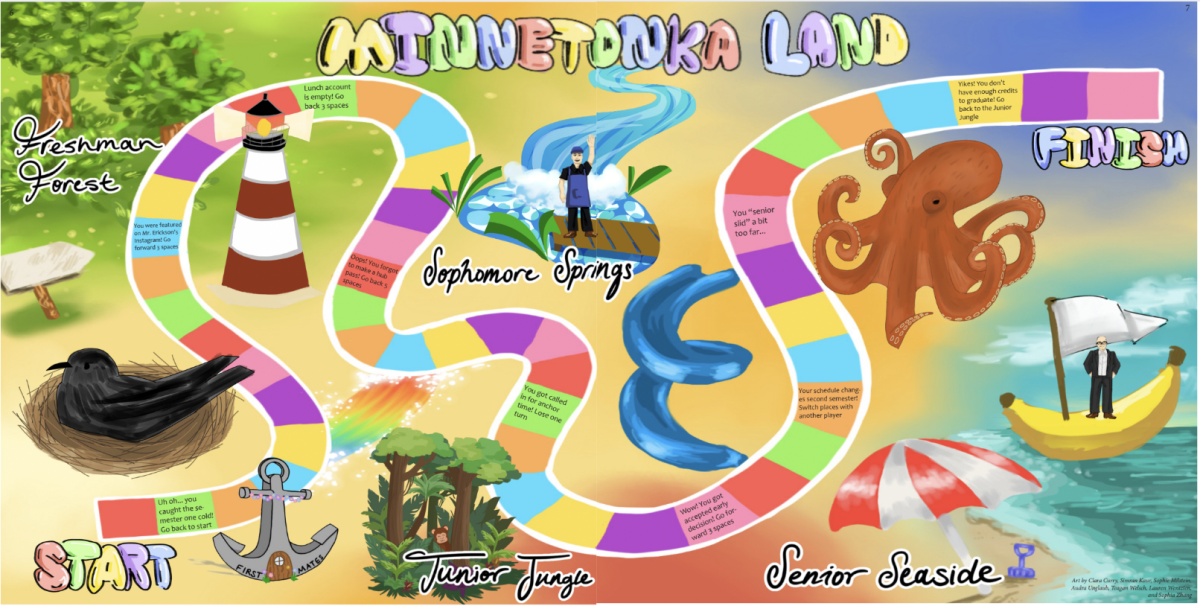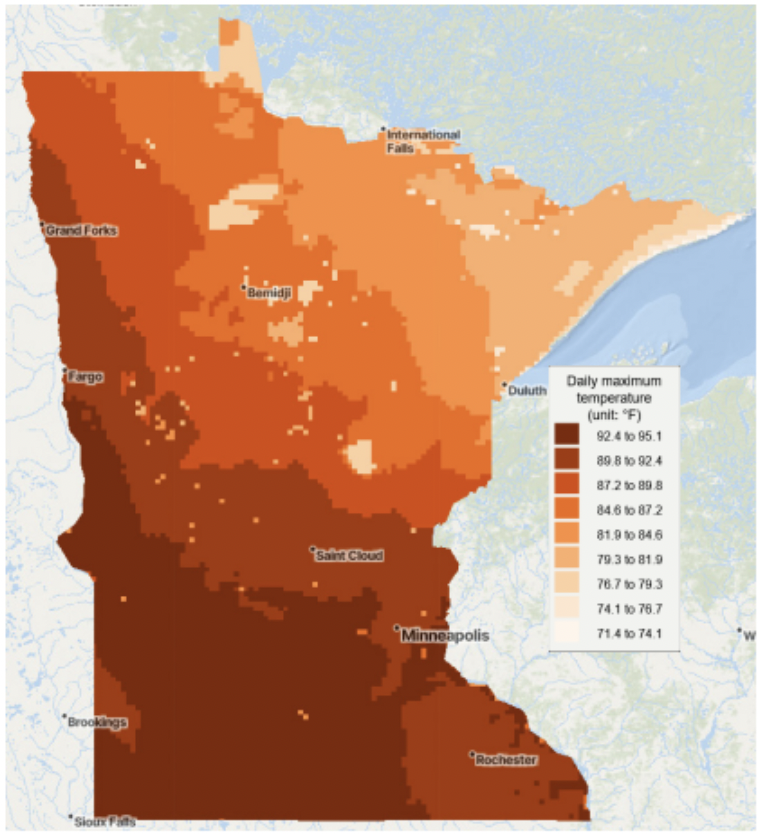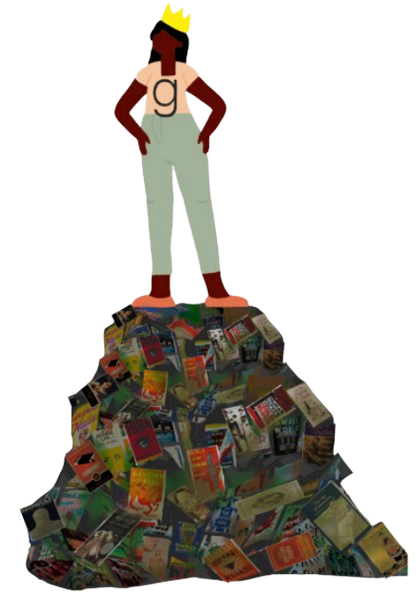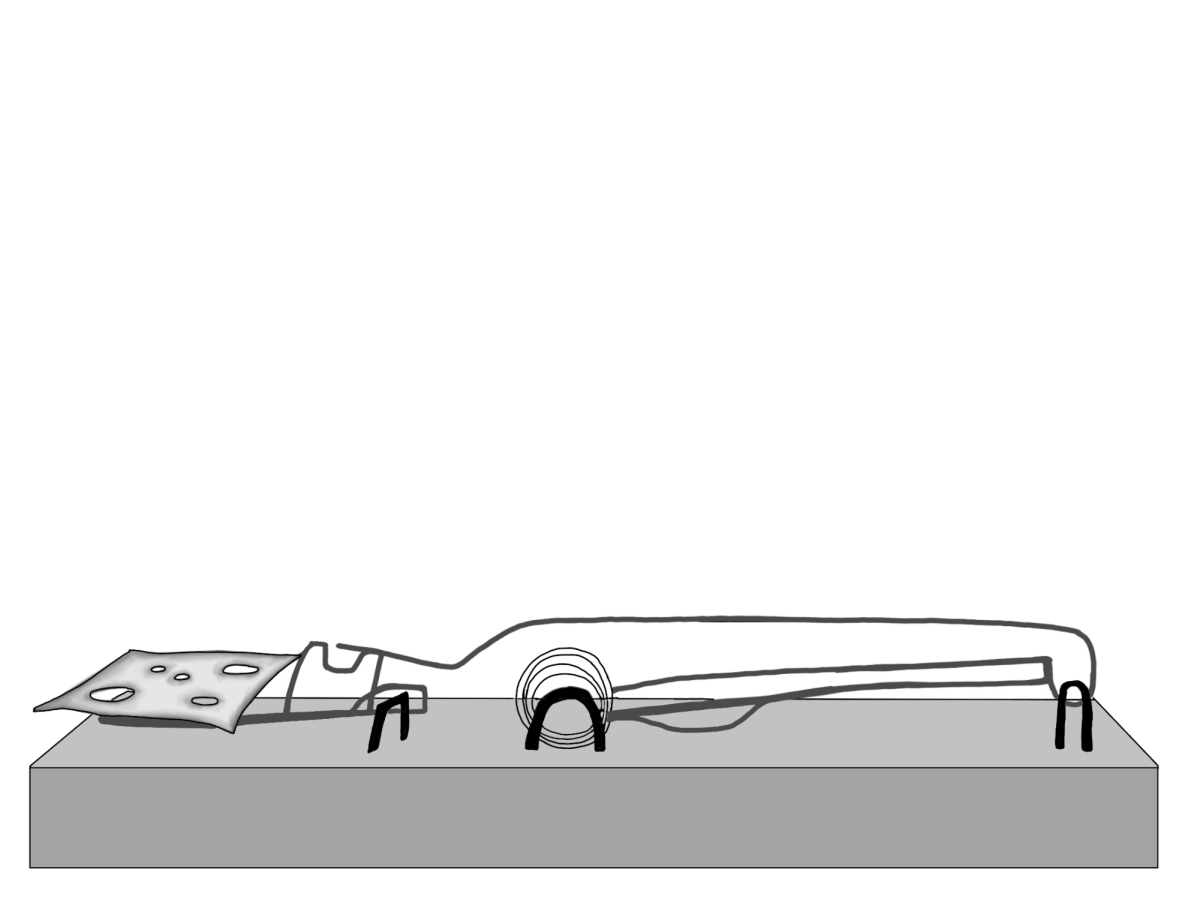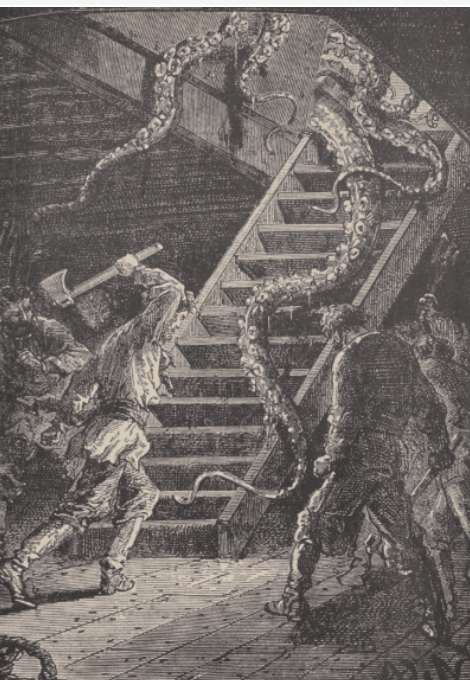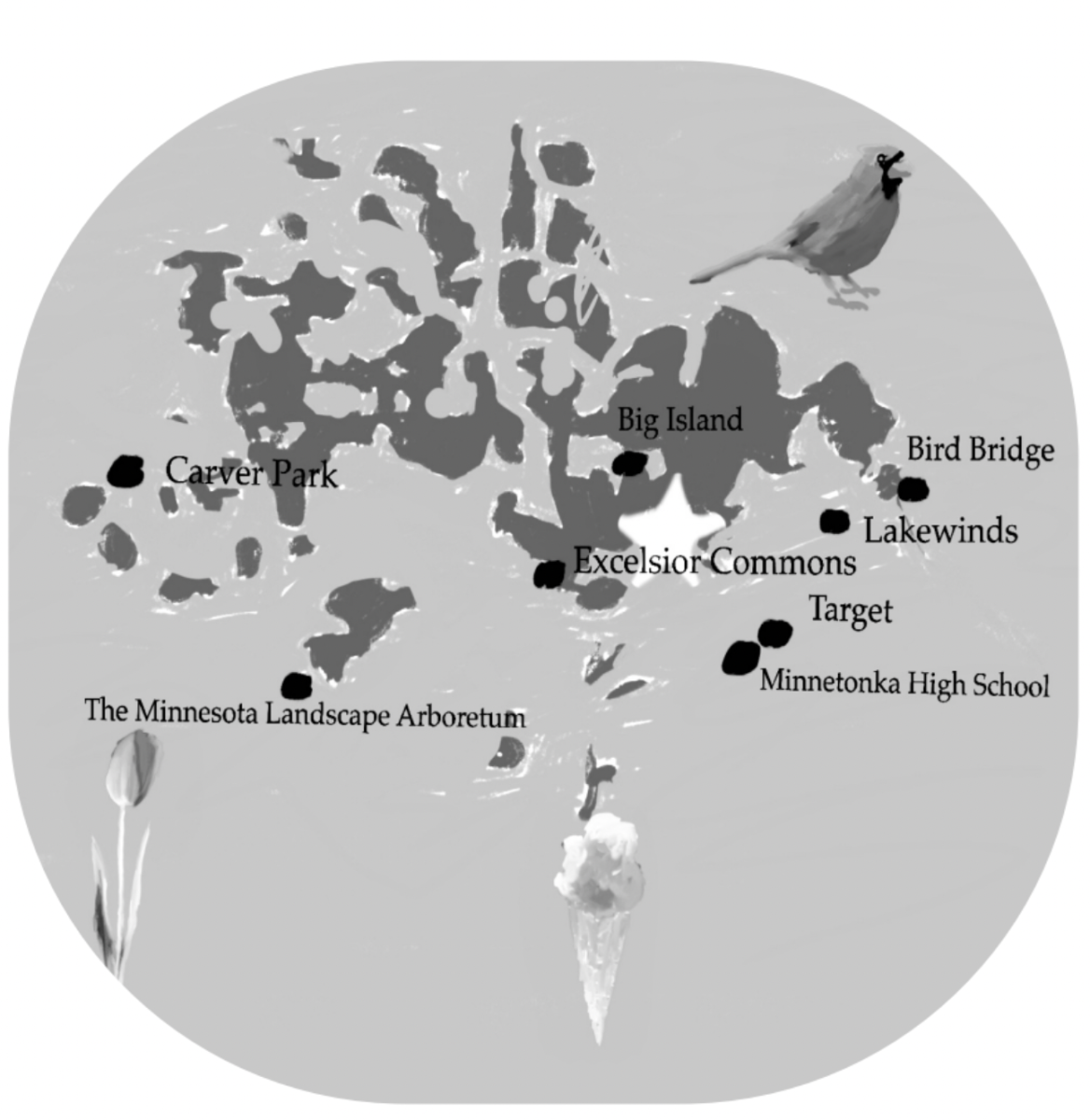The Thaw Age: Impending Impact of Cataclysmic Climate Change
November 26, 2018
Climate change has appeared sporadically in the news media in recent years. The effects of human development have been a catalyst for a number of problems that will affect generations to come. Drastic declines in many animal populations, the increasing severity and frequency of natural disasters, melting ice sheets and glaciers – among many other consequences – have caused problems such as rising sea levels and agricultural inefficiency.
The rise in global temperatures have aided in the loss of ice mass. This has destroyed habitats for species such as the polar bear, which is now endangered. These animals are key predators and necessary to maintaining other species’ population and the survival of an entire ecosystem.
The rise in atmospheric temperature has caused large portions of glaciers and icecaps in Greenland and Antarctica to break away.
From the North to the South Pole, the glaciers and arctic ice sheets have begun to crack and disintegrate. These ice chunks will go on to melt and contribute to rising sea levels, which may begin to flood coastal cities in the near future.
To better understand the issue from a scientific standpoint, Ben Schneider, a student of glaciology at the University of Washington, was interviewed about melting glaciers and ice sheets.
Schneider describes glaciology as the “study [of] the cryosphere, which includes glaciers, ice caps and ice sheets, to name a few, and its sensitivity to climate.”
Using a combination of fieldwork, satellite remote sensing techniques and computer simulations, scientists are able to study the dynamics between the cryosphere and the Earth’s climate.
For example, “the large areas covered by snow and sea ice reflect solar radiation away from the Earth’s surface and thereby influence the heat,” he said.
This area of study is what contributes to most of the knowledge we have about climate change, and continues to supply further information as to the fate of our planet.
Within our school, students have outspoken interest in the issue of climate change, stemming from the media in particular.
Kendall Boone,’19, Founder of Saving Endangered Animals (S.E.A), has her own opinions which reflects that of many MHS students.
Boone says that she is “aware that the consequences could [affect] entire ecosystems collapsing, but I do not hear about it in the news, just from social media,”
Despite the lack of clear coverage from our traditional news media, students have proven to stay active with the help of social media.
Due to the loss of ice sheets and glacier mass, sea levels continue to rise, which will affect our planet’s many environments and impact the lives of millions. It is crucial to stay aware of climate change and do our best to mitigate its potentially catastrophic effects.


